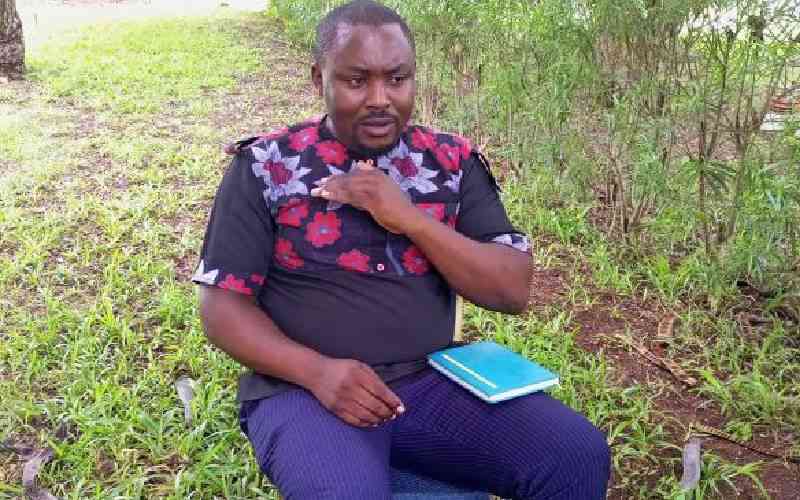×
The Standard e-Paper
Join Thousands Daily

Michael Waithaka is stockily built and walks with an unmistakable confidence.
Even on this day when he is about to share intimate details about his private life, nothing seems to bother him. It is a quiet evening in Diani, South Coast and Waithaka, a statistician and senior data analyst with a local NGO in Nairobi has had a full day in a seminar. He, however, agrees to an interview, and we set out by a beachfront.